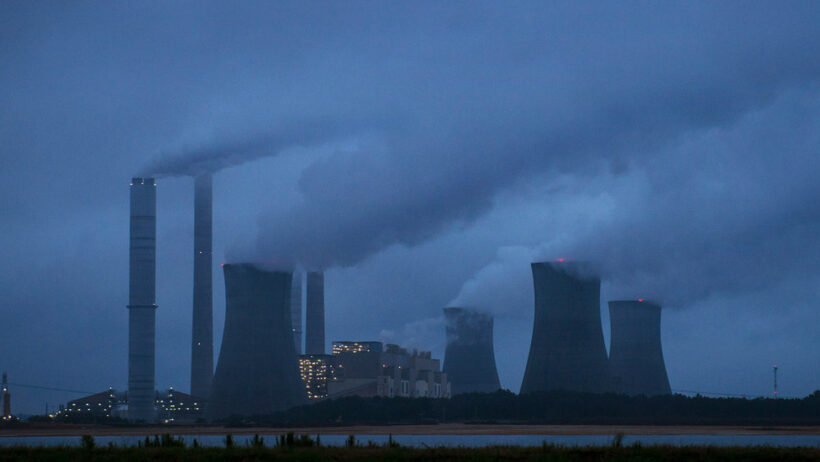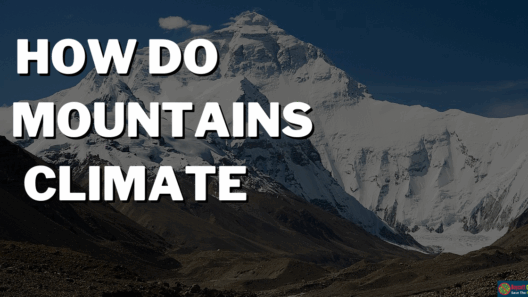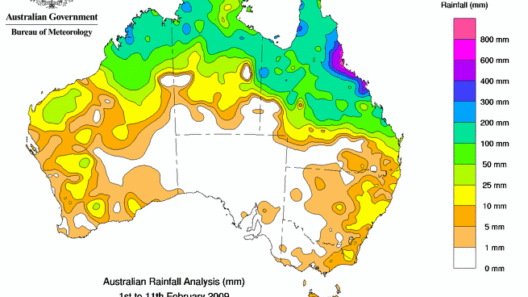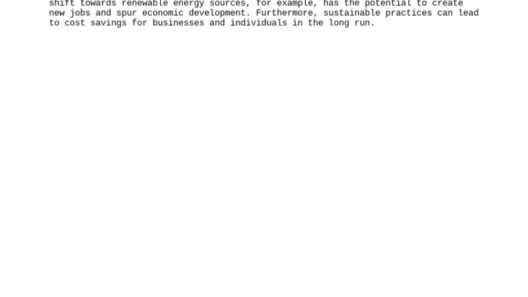Climate change, often likened to a slow-motion train wreck, is an impending disaster that cannot be ignored. It is not merely an environmental issue; it is an existential dilemma that threatens biodiversity, human civilization, and the delicate equilibrium of our planet. The ramifications of climate change transcend borders and affect every corner of the globe. The metaphorical Pandora’s box has been opened, and inside, we find alarming consequences that warrant our immediate attention.
Environmental Devastation: The Lament of the Earth
The environmental implications of climate change are staggering. Consider the polar ice caps, majestic yet vulnerable, melting at an unprecedented pace. Once solid fortresses of frozen water, they are now deteriorating remnants of a bygone era. The Arctic and Antarctic regions face temperature rises that are disproportionately severe compared to the global average—a phenomenon that epitomizes why climate change is particularly menacing. These melting ice sheets contribute to the rising sea levels, which threaten coastal habitats and human settlements alike.
Add to this the devastation of ecosystems: forests are ablaze from intense wildfires, coral reefs are bleached and barren, and species survival rates plummet as habitats vanish. The intricate tapestry of life that flourishes in forests, oceans, and plains is being unravelled. Experts predict that a melting pot of factors—including habitat loss and increased competition—could lead to an extinction crisis unlike any seen before. The chain reaction from these losses will echo through the web of life, impacting not only individual species but entire environments.
Human Health: The Conveniently Unseen Crisis
The effects of climate change on public health are multifaceted and insidious. With rising temperatures, heat waves have become more frequent and prolonged. Vulnerable populations, including the elderly and those with pre-existing health conditions, are particularly at risk. The human body is not designed to withstand extreme heat, leading to heat-related illnesses, exacerbated chronic conditions, and even fatalities.
Moreover, climate change fosters the spread of infectious diseases. As temperature and precipitation patterns fluctuate, the habitats of pathogens and vectors—like mosquitoes and ticks—shift as well. Diseases such as malaria and dengue fever could see a resurgence or expansion into previously unaffected regions, as humans find themselves ill-prepared for these biological invaders. Food security also dwindles under the relentless pressure of climate change, with altered agricultural conditions leading to crop failures and malnutrition. The irony lies in the fact that those who contribute the least to carbon emissions often bear the brunt of these health crises.
Economic Turmoil: The Price of Inaction
The economic consequences of climate change cannot be overstated. Extreme weather events—hurricanes, floods, droughts—are becoming more common, wreaking havoc on infrastructure, homes, and local economies. The cumulative financial burden of these disasters can be staggering; rebuilding efforts, displacement costs, and loss of productivity create an economic whirlpool that many nations struggle to escape.
Insurance companies are now grappling with escalating claims related to climate-related disasters, prompting them to re-evaluate risks and increase premiums. Consequently, the price of living, insuring property, and protecting investments can skyrocket, leaving more families in precarious financial positions. Moreover, industries reliant on natural resources—such as agriculture, fishing, and tourism—face existential threats as their livelihoods dwindle in the wake of climate change.
The irony of this situation arises when contemplating that a proactive approach toward sustainable practices could lead to long-term economic benefits. Investment in renewable energy, green technologies, and sustainable agriculture not only mitigates climate change but also creates jobs and stimulates economic growth. However, the inertia of policymakers, riddled with skepticism and short-term thinking, often overshadows these potential gains.
Politics and Climate Change: A Divisive Discourse
Climate change has morphed into a contentious political issue, leading to polarization that complicates collective action. The discourse has shifted from a scientific consensus about the reality of climate change to an often-fractured dialogue about its ramifications and solutions. The temptation to downplay the urgency of climate action for political expediency has resulted in misguided policies that may perpetuate the dilemma.
This division is disheartening. Instead of rallying behind a common cause, society finds itself at odds, arguing over the veracity of climate data, the economic feasibility of green policies, and even the moral responsibility to act. In many cases, economic interests overshadow environmental stewardship, sidelining the long-term health of the planet for short-term gain. The resultant stalemate hinders progress, exacerbating the very crisis that requires swift and united action.
Conclusion: The Call to Action
In essence, climate change is more than an environmental issue; it is a complex web of challenges with profound health, economic, and political implications. It is a clarion call reminding humanity that our fate is interconnected with the planet we inhabit. Each individual has a role to play in addressing this crisis, whether through personal lifestyle choices, civic engagement, or supporting policies that promote sustainability. The time for action has arrived. Ignoring the alarm bells ringing across the globe is not an option. Just like a boiling frog, humanity risks being unwittingly cooked by complacency. The question remains: will we act before it is too late?






